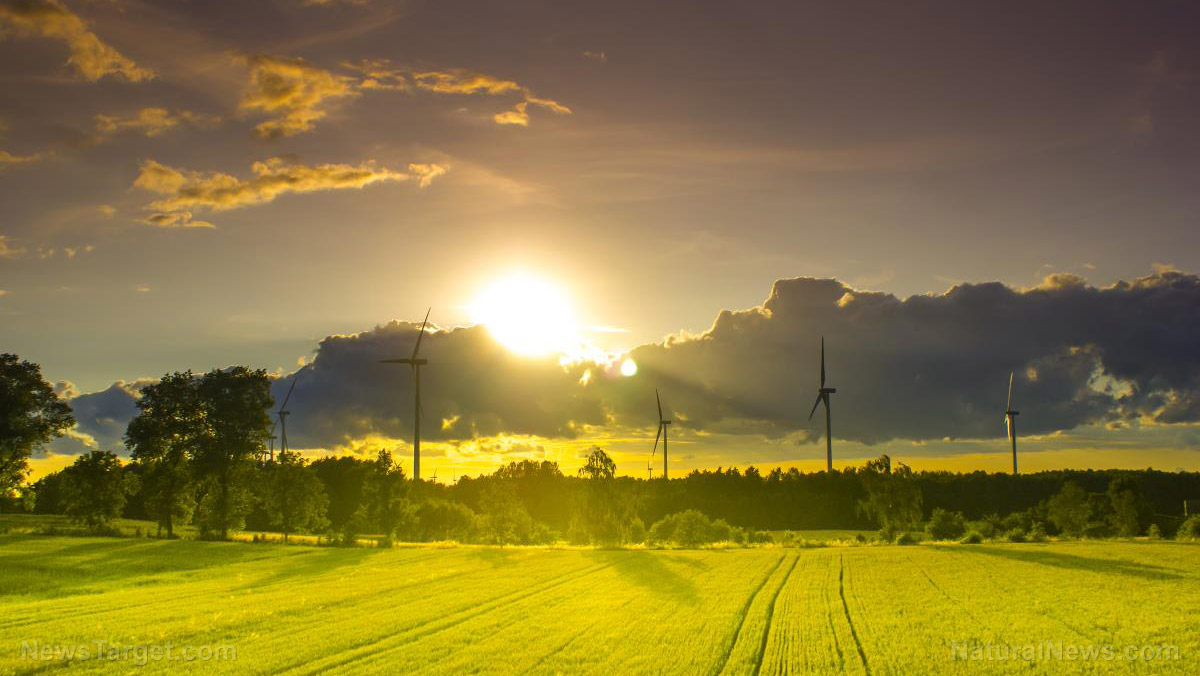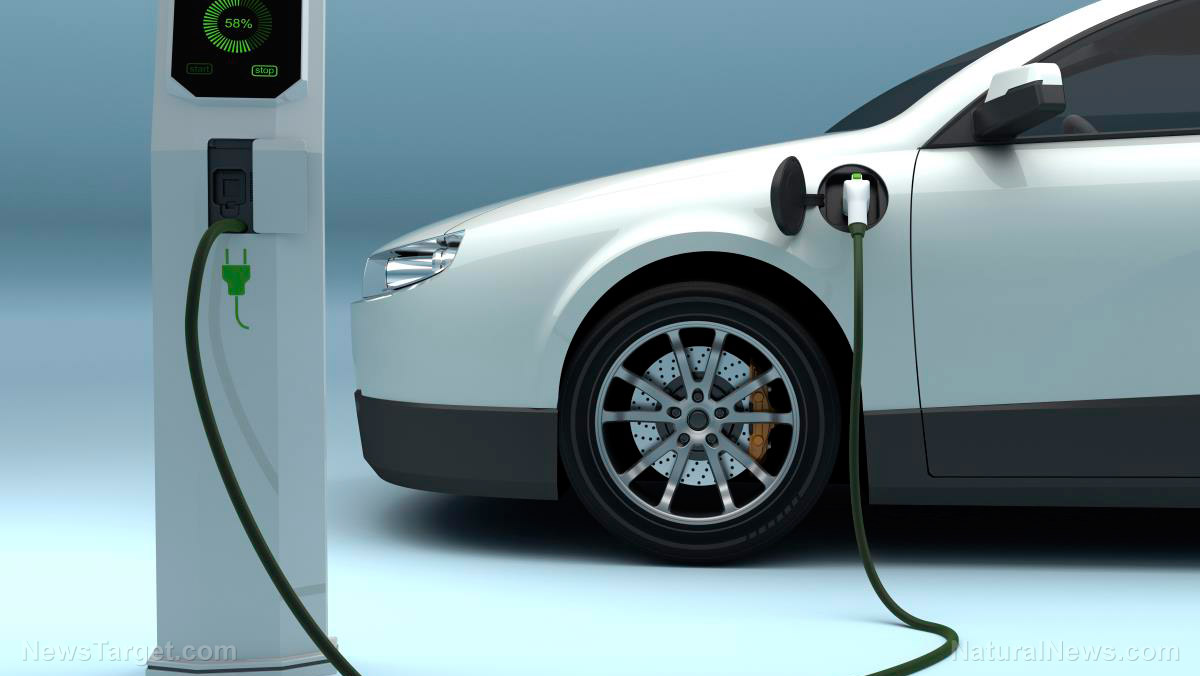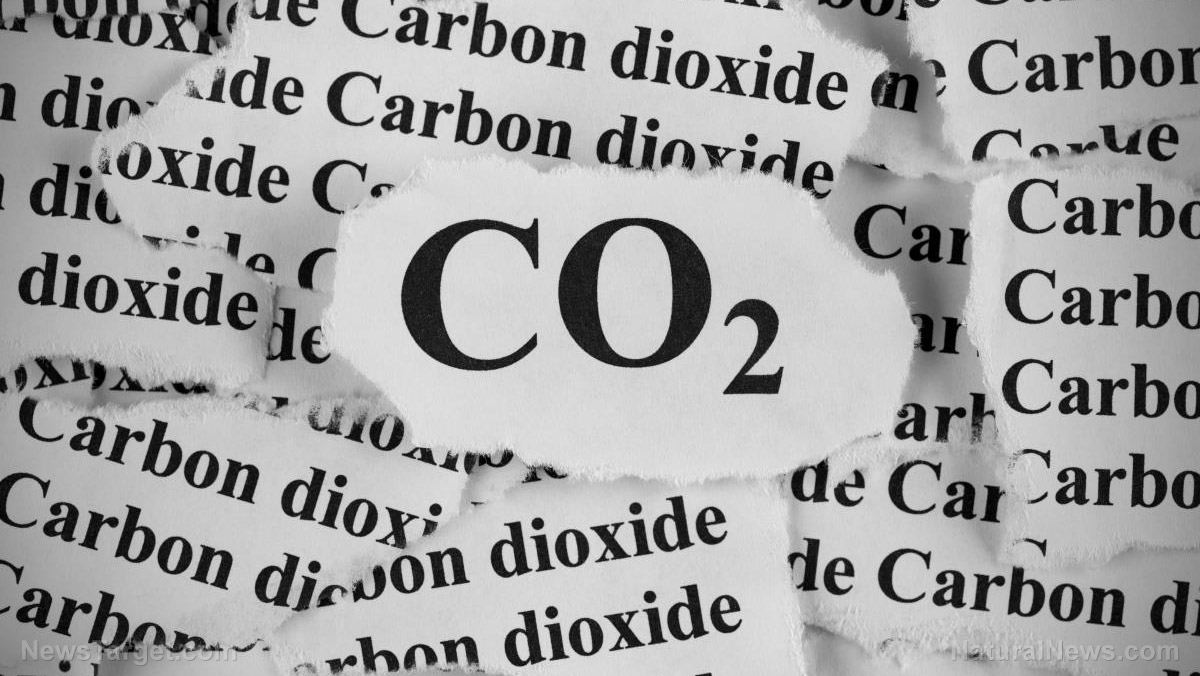
A decades-long faulty energy policy that favors renewables has caused the ongoing energy crisis in the United Kingdom. This policy crumbled energy security and left the country exposed to the repercussions of major incidents such as the Russia-Ukraine war.
But Prime Minister Rishi Sunak seems unaware of it. In fact, he is reportedly planning to reintroduce a policy that supports onshore wind.
Many media sources are misreporting this as the lifting of a "ban" on this technology, though there is really no such ban preventing the building of wind farms. Former Prime Minister David Cameron only removed subsidies for onshore wind because it remains fundamentally uneconomic due to its inferior physical properties – just like nearly all renewables.
Inevitably, such policy support for onshore wind must be paid for by burdening the consumers with additional costs at some point in the electricity supply system. Compounding this mistake is the fact that Sunak has also called for a ban on onshore natural gas exploration.
The Sunak administration is also reluctant in delaying developers of solar photovoltaic (PV) installations from completely covering hundreds of thousands of acres of British farmland. Given this, Downing Street appears to be willing to swap food production for low-grade electricity.
An article published by the Expose noted: "It should be emphasized that all farmland is a national asset that should not be wasted by development as mal-investment in solar, or indeed as wind farms."
Ultimately, the British government does not understand the dynamics of the energy rut it is in right now.
Sunak recklessly addressing UK's energy crisis
Based on the circumstances, the Sunak administration seems to be badly informed and recklessly addressing the nation's energy crisis. (Related: UK flips back to green cult as new prime minister cancels fracking order, setting country up for energy collapse.)
No competent government should discourage exploration of of high-quality fuels such as natural gas, which is exactly what the Sunak administration is doing right now with the restriction on hydraulic fracturing.
"To continue intellectually bankrupt and counterproductive policies in the middle of an energy crisis of unprecedented magnitude suggests that the machinery of government in Westminster has ceased to work, and that rational analysis can no longer effect a change of course. The outlook for the consumer and the country as a whole is very bleak," said John Constable, director of energy at the Global Warming Policy Forum.
Meanwhile, Sunak has vowed to give £600 ($728) energy support payments for families in Northern Ireland this winter in an effort to calm fears of extended delays.
"What I can say is we will be making an announcement very soon about how that is going to be delivered. But it will be delivered this winter. For many people it will be delivered faster than for others in Great Britain," said Sunak, adding that the government would soon provide details about the delayed payment.
Northern Ireland households already benefit from the energy-price guarantee, which is worth about £900 ($1,092) for a typical family.
Follow EnergySupply.news for more news about the energy crisis happening in the United Kingdom.
Watch this clip from the British Parliament about the proposal to set aside $172 billion plan to cap energy bills.
This video is from the Chinese taking down EVIL CCP channel on Brighteon.com.
More related stories:
Britain faces 'cataclysmic' energy crisis this winter.
European energy crisis making it impossible to produce renewable energy equipment like solar panels.
British government “war gaming” emergency plans to deal with week-long blackouts.
Wind turbine manufacturers losing BILLIONS as orders decline despite turmoil in natural gas markets.
Sources include:
Please contact us for more information.




















